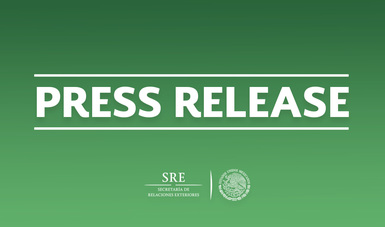The Inter-American Commission on Human Rights (IACHR), charged with promoting human rights in the Americas, held a public hearing on Tuesday during its 161st session, to follow up on the executive orders put in place by the U.S. government on border security and immigration and their impact on immigrants’ human rights.
A number of civil society organizations involved with immigrants’ human rights in the United States took part in the hearing, expressing their concerns about the effects of the executive orders. The organizations said that the orders go against human rights that are recognized by international instruments and they emphasized the tendency of U.S. immigration policy to lack a human rights perspective and to criminalize and discriminate against immigrants. They also pointed out that the executive orders put millions of undocumented people currently living in the U.S. at risk of being detained and deported.
The organizations asked the IACHR to monitor the situation on an ongoing basis; to collect information on the impact of the executive orders; to issue public statements as appropriate and to use the means at its disposal to ensure that the human rights of those at risk from these orders are better protected.
IACHR President Francisco José Eguiguren said that the IACHR Executive Secretariat and, especially, the Rapporteur on the Rights of Migrants, would follow the situation and be very vigilant about receiving information through the various mechanisms at their disposal. He also asked the civil society organizations to continue documenting possible human rights violations of immigrants in the U.S.
The Mexican government supports the work done by the IACHR to promote and protect migrants’ human rights and shares the concerns of civil society organizations in the United States and the IACHR itself, as seen by the aforementioned hearing, as well as by the public statement issued by the IACHR on February 1, calling on “the United States to rescind the three executive orders and to ensure that any official measure related to immigration and asylum is in line with its international human rights obligations and international refugee law."
The Mexican government has kept in close contact with the IACHR and international mechanisms such as the Office of the United Nations High Commissioner for Human Rights and will continue to do so, in order to better defend immigrants’ human rights in the United States, and in addition to the work of consular protection and legal defense that the Foreign Ministry has set in motion in the U.S. to prevent and address any human rights violations of our citizens.
